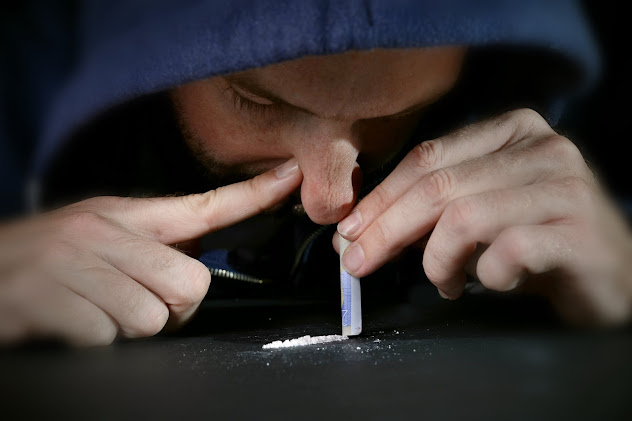Guide to Successful Drug Intervention
Not just the user but the whole network of friends and family affects the medication problem. Over the years, several family-oriented drug addiction intervention have been created to provide a systematic, solution-oriented procedure to support people with drug problems or alcohol misuse. The intervention demonstrates the depth of substance abuse, alcoholism, and associated behavior in family, friends, and others connected in their lives. Effective drug addiction intervention gives a devoted person the chance to receive support from their loved ones concerned and take the first step towards recovery. An interventionist is often requested to serve before, during, and after the intervention as a guide and instructor. Hence, here is a detailed guide towards a successful intervention on drugs.
1. Work with an expert. A competent pharmacologist can assist you in arranging a meeting to help the addicted individual recognize they are fighting for substance abuse. The intervener facilitates and oversees all that occurs in an intervention. Often before the drug addiction intervention, the interventionist would meet families and friends of the person impacted. The entire group will collaborate in the design and rehearsal of the intervention plan at this preliminary meeting. It might entail the preparation of personal letters detailing personal experiences or describing agony caused by dependence.
2. Identify the risks. It doesn't work for every circumstance to arrange an intervention. For everyone concerned, the process may be challenging and traumatic. Sometimes the plan may fire, and the substance user may feel isolated and distanced from others who care about it. Before opting to arrange an intervention, these hazards should be carefully evaluated. A qualified practitioner can assist in alleviating these hazards. Interventionists are skilled in the dangers and challenges of interventions, and they know how to plan best to prevent these harmful effects.
3. Know its importance. Some people who have drug misuse and dependence problems can seek therapy without interference for the difficulties arising out of drug usage. Many are hesitant or unable to understand that drugs might be responsible for the relationship, health, or job difficulties. Often, drinking, driving, and other high-risk behaviors disregard security issues. Addicts often dispute that drugs are the root of their problems. Instead, they might blame others or their life situations. Studies suggest that drug intervention techniques can bridge the denial and support the therapy of these patients.
4. Perform at the right timing. A long-lasting belief is, a toxic man must reach the rock before he may seek assistance, but that's a myth. Research has shown that the most effective method to aid a beloved with a drug issue is to act early before their addiction worsens. A qualified interventionist can help you successfully interact with your relatives and enhance your chances of receiving treatment. Through early intervention, friends and family can help your loved ones in the face of irrevocable harm.
5. Prepare for failure and success. The individual will attend a treatment program after a successful intervention on drug usage. The individual is probably motivated to seek help at that moment; therefore, it is essential to plan to execute the appropriate treatment choice. A family member can advise the interventionist to select the proper treatment model to address the problem in anticipation of a good outcome. Be aware that everything will not be lost if the intervention fails. You could have informed your loved one during an intervention that you won't accept such behavior.



Comments
Post a Comment